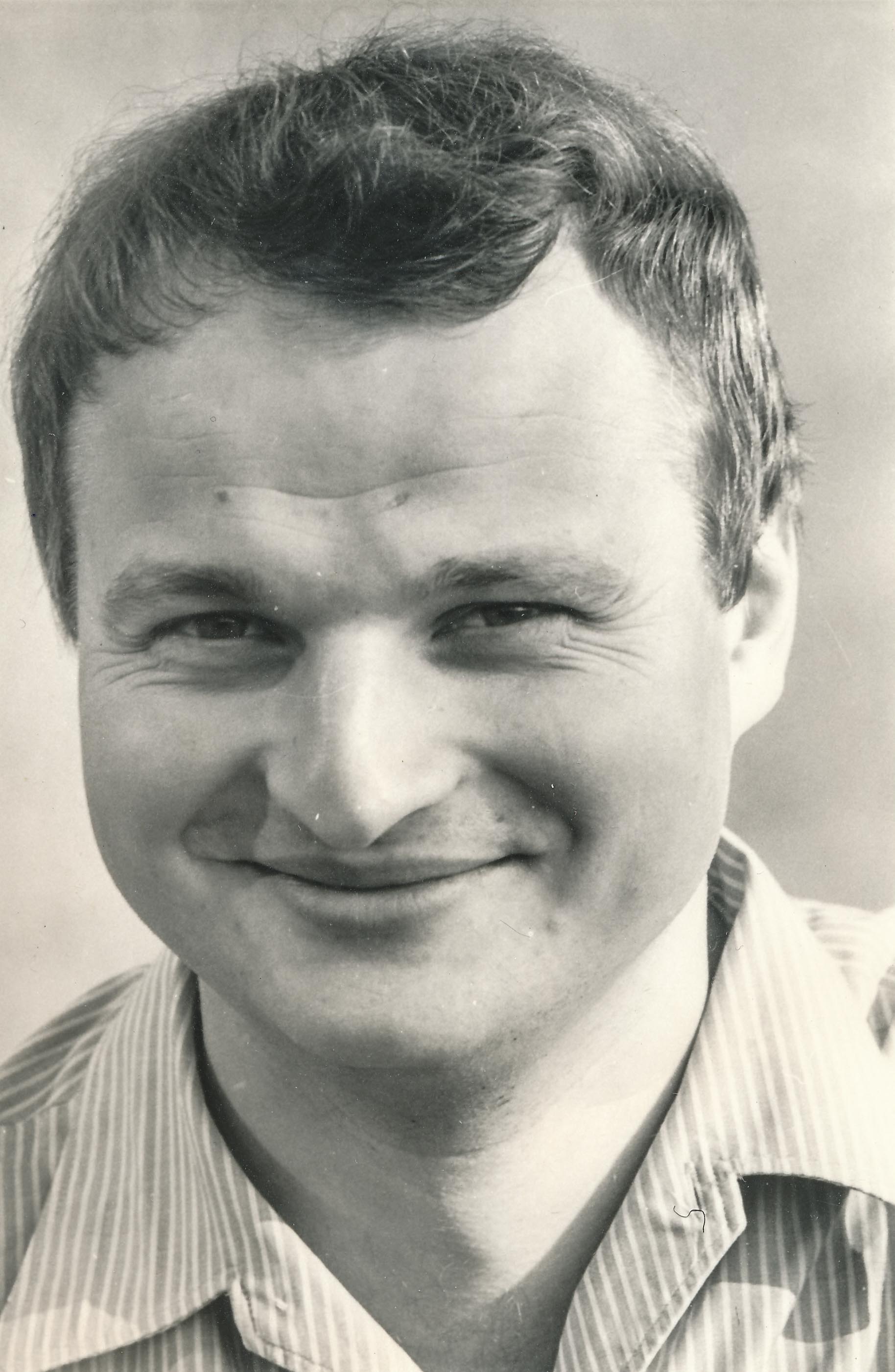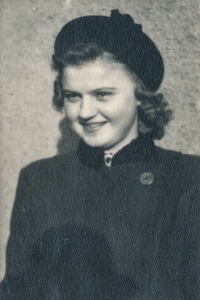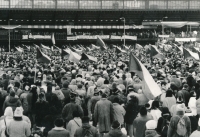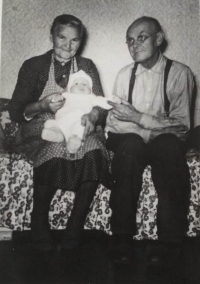I hadn’t had kids yet, but their political profile was already stained

Download image
Karel Peterka was born on 21 November 1948 in Prague. His whole life is connected with the village and later the Prague district of Řeporyje, where he worked as a municipal chronicler in the 1970s and 1980s. His parents came to Řeporyje from the Bohemian-Moravian Highlands. His father worked in the gendarmerie, but in 1948 he had to leave the police because he refused to join the Communist Party. This cadre “scrape” also accompanied his son Karel, who was unable to seek flight training with the Svazarm because of this. Karel Peterka graduated in 1967 from the Na Zatlanka Gymnasium and entered the Czech Technical University, but did not finish his studies. From 1969-1971, he was in the military service with the border guard unit in Rozvadov, where he was in charge of the supply depot. On 21 August 1969, his colleagues from the NCO school were deployed to suppress demonstrations in the streets of Prague. After his military service, Karel Peterka returned to Řeporyje and worked as a standard-setter in the construction and engineering industry. Between 1975 and 1987 he wrote a municipal chronicle and photographed life in Řeporyje. He moved to Prague to live with his wife for several years, but in 1993 they returned to Řeporyje and renovated the family house of his parents. Karel Peterka still lives in Řeporyje to this day, his photographs are part of the still published municipal calendars.


























